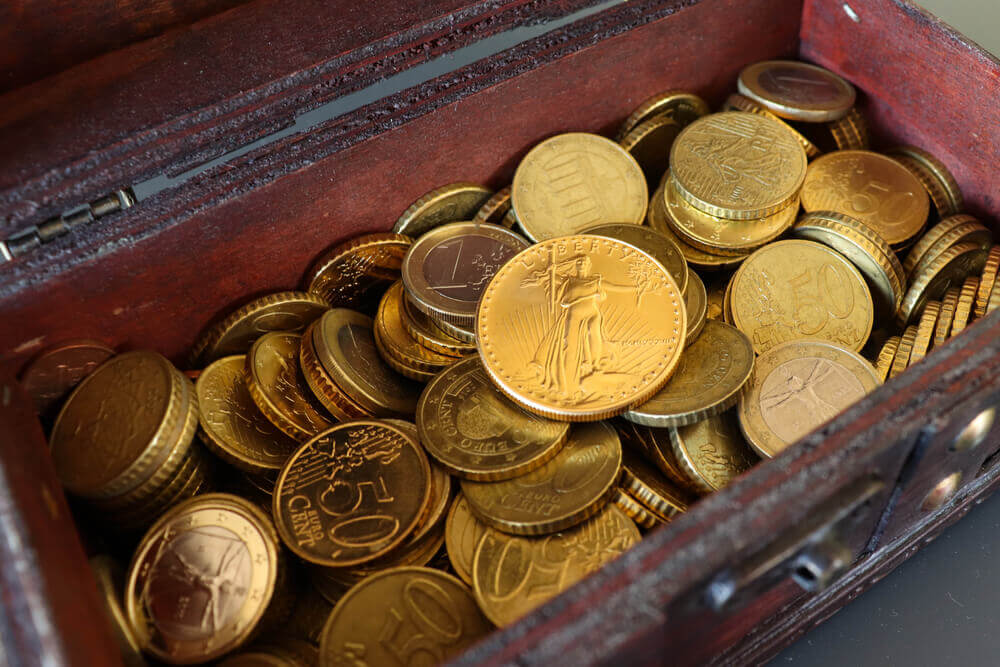In today’s financial landscape, pawn shops serve as convenient venues for quick cash loans or selling items for immediate financial needs. However, one common concern among potential customers is whether pawn shops require identification during transactions. Understanding this process can help individuals navigate their interactions with pawnbrokers more confidently and efficiently.
Why Pawn Shops Ask for ID?
Pawn shops typically ask for identification for several reasons:
- Legal Requirements: In many jurisdictions, pawn shops are required by law to collect identification from individuals pawning or selling items. This helps in maintaining records and complying with local regulations.
- Preventing Stolen Goods: Requiring identification helps pawnbrokers ensure that the items being pawned or sold are not stolen. This is a crucial step in preventing the circulation of stolen goods through legitimate channels.
- Establishing Ownership: Identification helps establish ownership of the items being pawned or sold. It provides a level of assurance to the pawnbroker and helps in tracking the item’s history if needed.
What Forms of ID Do Pawn Shops Accept?
Pawn shops typically accept various forms of identification, including:
- Government-issued ID: Such as a driver’s license, passport, or state ID card.
- Proof of Address: Sometimes required to verify the seller’s residence.
- Additional Identification: In cases where the item’s value is high or suspicion arises, additional forms of ID may be requested.
Privacy and Security Concerns
While providing identification is a standard practice Melbourne gold buyers, customers may have concerns about privacy and security. Here are some key considerations:
- Confidentiality: Pawn shops are obligated to keep customer information confidential and secure.
- Legal Protections: Customers are protected by laws governing the handling of personal information by businesses.
- Ask Questions: Customers should feel comfortable asking about how their information will be used and stored.
Tips for a Smooth Transaction
To ensure a smooth transaction when dealing with a pawn shop:
- Bring Proper Identification: Have a valid ID ready when pawning or selling items.
- Know the Regulations: Familiarize yourself with local laws and regulations regarding pawn transactions.
- Ask Questions: Don’t hesitate to ask the pawnbroker about their ID requirements and any concerns you may have.
Conclusion
Understanding why do pawn shops ask for id and what forms of identification are accepted can help individuals navigate their financial transactions confidently. By adhering to these guidelines, customers can ensure compliance with legal requirements and contribute to the smooth operation of pawn transactions.
